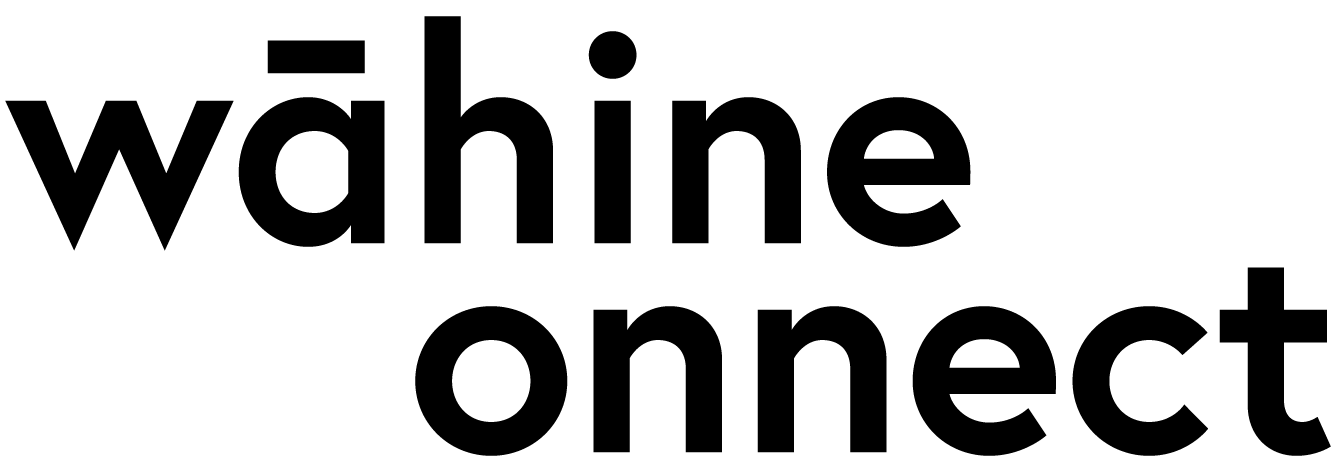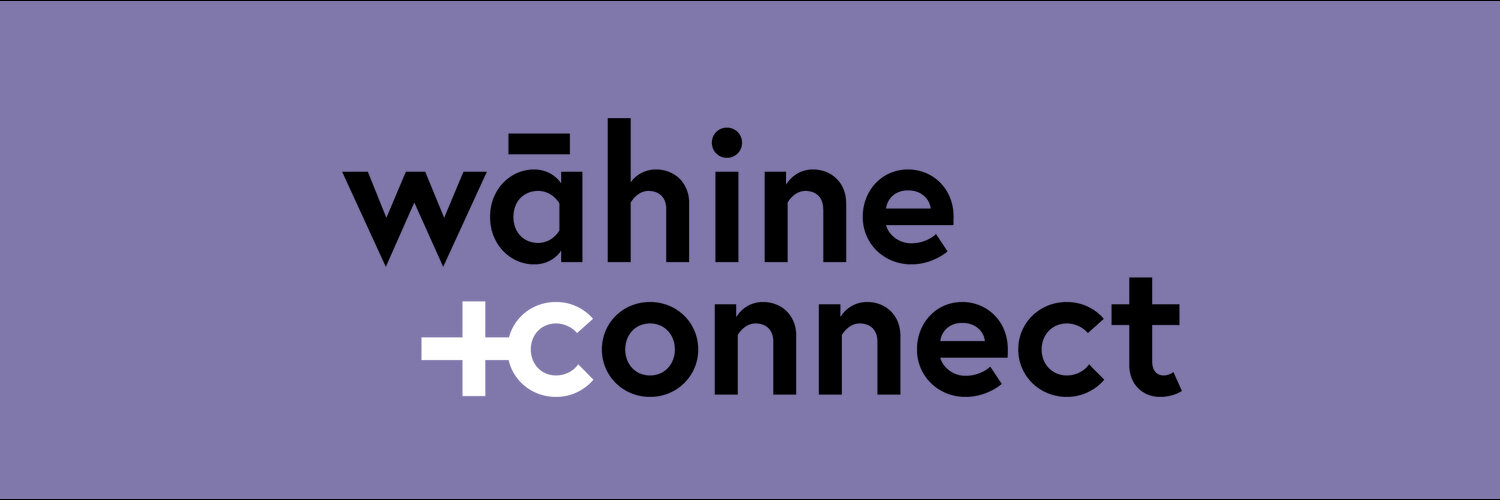Introducing Jenny Rákász, Chief Allied Health Science & Technical | Te Whatu Ora - Lakes
Kia ora Jenny, you’ve worked in three countries, across nine hospitals, and are currently about to step up from Director of Allied Health Science & Technical to Chief of Allied Health Science & Technical. What experiences—big or small—shaped your passion for leading and advocating for allied health professionals?
The more I moved around hospitals and countries, I started becoming curious about the systems and models of care—because I had always experienced something better in a previous workplace. This included innovative approaches to Allied Health ways of working. I became passionate and invigorated by some of the early adopters of Allied Health models of care that I had witnessed and wanted to be part of leading and transforming health care via new and emerging approaches.
Since joining Wāhine Connect in 2021, you have mentored across four cohorts. What drew you to our network—and what’s kept you coming back?
I never had a mentor early on in my career. I didn’t know there was a life beyond my Dietetics profession or that I was capable of achieving anything outside of it. I really want to be that person I never had and give back to people seeking advice to progress in their career journeys. Wāhine Connect is a free, confidential initiative with some of the best leaders in Aotearoa available to provide invaluable career advice. It’s a truly fantastic enterprise.
As someone with Scottish heritage leading in Aotearoa, how do your roots and international experience shape the way you show up for others in our health workforce?
As my life journey took me beyond Scotland to many other countries and cultures (including marrying a Hungarian on the way), my outlook on life changed drastically. I learned to be patient and accommodating with different personalities and cultural norms, to listen more than speak, and to be curious more than certain. Living and working internationally expanded my perspective and experience of health care and stretched my comfort zone. I learned that you don’t need to be loud to be influential—but you do need to be personable to be accepted by all cultures.
What’s something you’ve learned about yourself through mentoring wāhine in health?
As ambitious leaders, we often get caught up in our next goal, that next job or achievement, and we forget to pause and reflect on how far we have come. Mentoring keeps me grounded and reminds me to be grateful for all the experiences that have led to my path today. Because where I am today is someone else’s dream life. I never forget that or take it for granted.
If someone’s on the fence about joining Wāhine Connect, what would you say to them?
Just one conversation with the right person can literally transform your life and career path overnight. Never underestimate the power of well-connected people who can open doors for you or give advice on which doors to push.
You’re a published author, business owner, leader, and black belt. What’s one thing women in health need more of to thrive—not just professionally, but holistically in their lives?
I really hate the saying ‘stick to your own swim lane.’ Human beings are not swim lanes. We are parents, married to spouses with valuable experience, athletes, consumers of health—and that collectively brings a wealth of lived knowledge and experience to our healthcare roles. Don’t underestimate the value of bringing your whole self to work, and do NOT stick to your own swim lane!
And what would you say to a wāhine in health who’s feeling stuck or unseen right now?
I’d say unstick yourself! You are the creator of your own destiny, so do not wait for that next opportunity to fall in your lap. Start connecting with people who interest you. If there’s not a seat at the table for you, bring a folding chair. Take calculated career risks and don’t be afraid of failure. After all, a winner is a loser who never gave up!
Final kōrero: What was the last movie you saw?
Lol. Despicable Me – clearly my kids’ choice, not mine! Anything for a quiet evening though.
Love it - thanks so much for your mahi, Jenny!
























